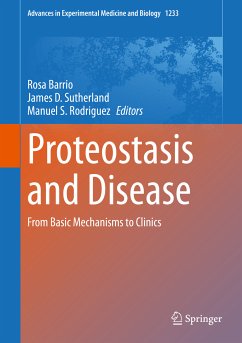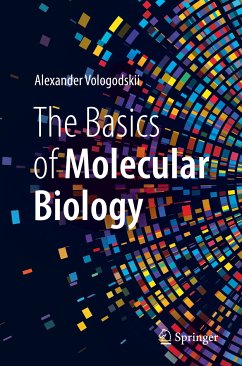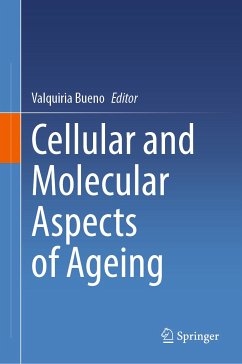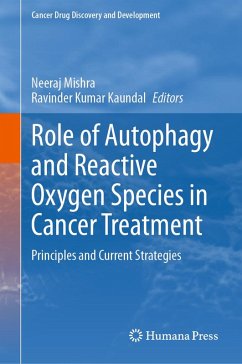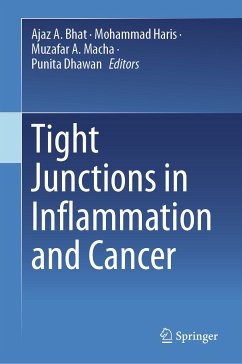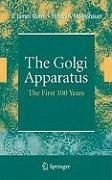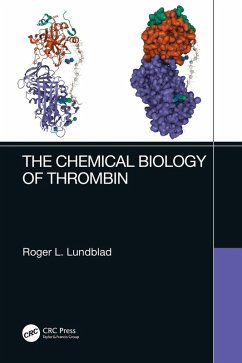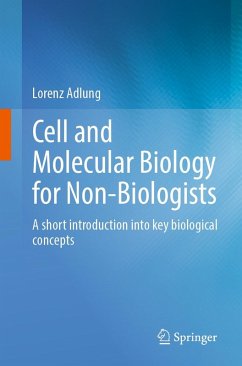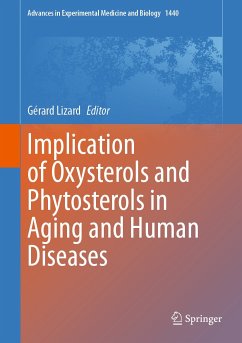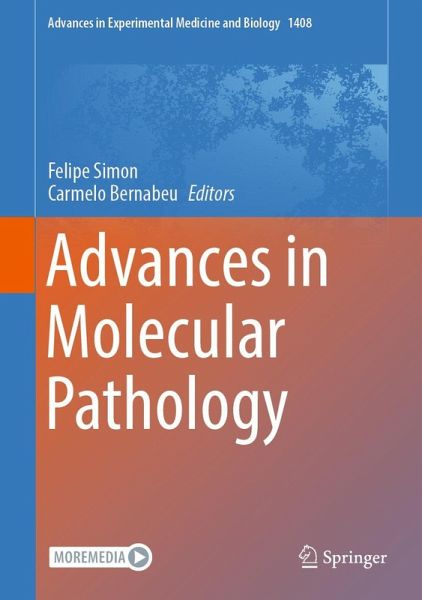
Advances in Molecular Pathology (eBook, PDF)
Versandkostenfrei!
Sofort per Download lieferbar
120,95 €
inkl. MwSt.
Weitere Ausgaben:

PAYBACK Punkte
60 °P sammeln!
The present work corresponds to a compilation of independent contributions in the fields of endocrinology, immunity, cancer, neurobiology, and myology. Revision of current advances as well as novel findings in the form of original articles are presented in a balanced fashion. The book has been divided into three sections in line with the main subject: Molecular pathology of immune, inflammatory, and hemostatic disorders; Molecular pathology of endocrine and muscular disorders; and Molecular pathology of cancer: determinants and potential therapies. In the first section, contributing authors ta...
The present work corresponds to a compilation of independent contributions in the fields of endocrinology, immunity, cancer, neurobiology, and myology. Revision of current advances as well as novel findings in the form of original articles are presented in a balanced fashion. The book has been divided into three sections in line with the main subject: Molecular pathology of immune, inflammatory, and hemostatic disorders; Molecular pathology of endocrine and muscular disorders; and Molecular pathology of cancer: determinants and potential therapies. In the first section, contributing authors take the reader through the molecular pathology of immune responses, inflammation, and hemostasis, by collating an update on systemic autoimmune diseases, the therapeutic potential of statins in hemostasis, the effects of adrenergic stimulation on coagulation, the emerging field of physical burnout due to the mobility restrictions in response to the 2020 SARS-CoV-2 pandemic imposed worldwide, and the success of community-oriented muscular kinesic rehabilitation. The second section presents engaging results from a survey of iodine intake through the diet of pregnant females, an appraisal of the neuroprotective effect of dexmedetomidine, novel evidence on muscle physiopathology, describing the upregulation of CCL5/RANTES during cholestatic liver disease, the fibrotic response emerging in response to cholic and deoxycholic acids, and the altering effects of bile acids in autophagy and mitogenesis. In the third section, a comprehensive revision of cancer literature is offered with an emphasis on melanoma, myeloid-derived suppressor cells, microRNA-based diagnostic approaches, and new avenues for cancer immunotherapy. Altogether, these individual contributions offer a comprehensive and up-to-date outlook of the current state in the field of molecular pathology.
Chapter 14 is available open access under a CreativeCommons Attribution 4.0 International License via link.springer.com.
Chapter 14 is available open access under a CreativeCommons Attribution 4.0 International License via link.springer.com.
Dieser Download kann aus rechtlichen Gründen nur mit Rechnungsadresse in A, B, BG, CY, CZ, D, DK, EW, E, FIN, F, GR, HR, H, IRL, I, LT, L, LR, M, NL, PL, P, R, S, SLO, SK ausgeliefert werden.



